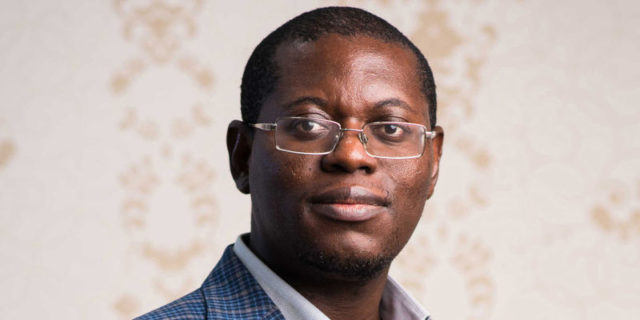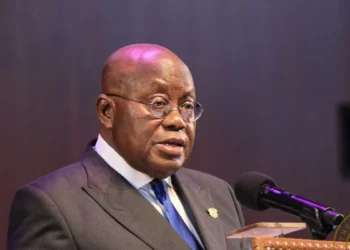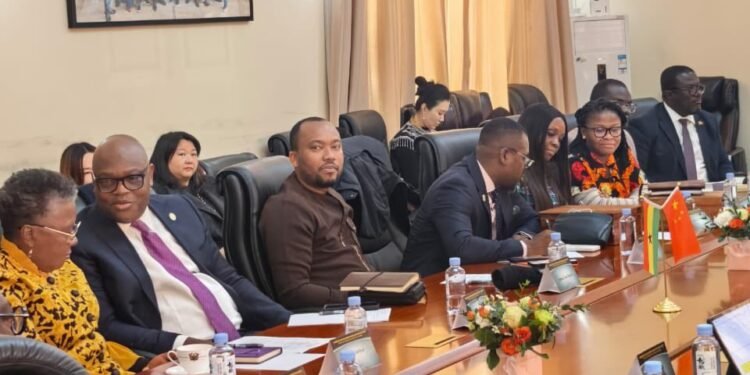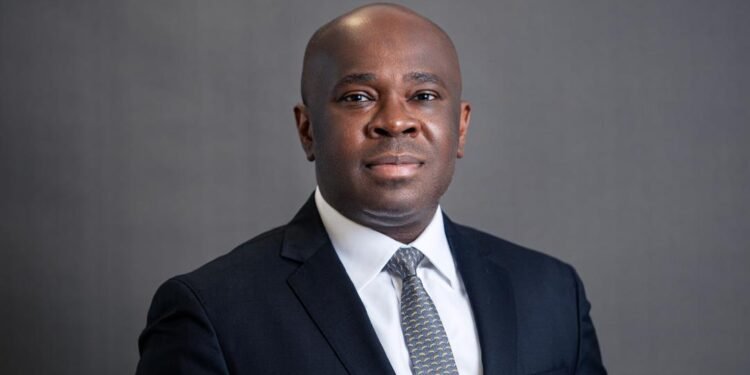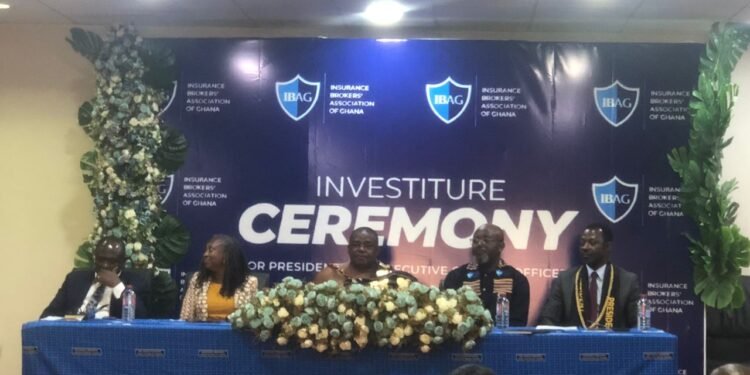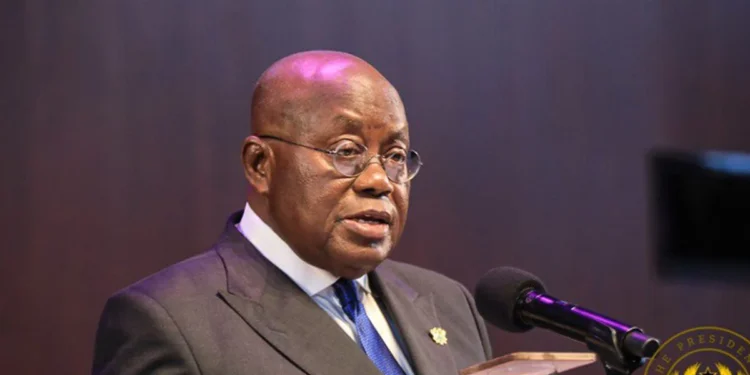The Honorary Vice President of the IMANI Centre for Policy and Education, Bright Simons, has sharply criticised Ghana’s elite and media establishment over what he describes as a disturbingly casual and inconsistent application of scrutiny, following recent allegations of drug trafficking involving a major international medical transportation company.
Bright Simons expressed bewilderment at the way accusations of cocaine trafficking involving an air ambulance operated by Airmed International, a subsidiary of the global medical transport giant GMR, have been handled.
“Not a week goes by without the Ghanaian elite surprising me with how fast and loose they play by their own standards. Take this ‘cocaine in air ambulance’ business, for instance.
“The top parliamentarian (MP) in the country’s main Opposition Party for security & intelligence matters swears that he got a credible tip a few weeks ago that an air ambulance has been trafficking cocaine into Ghana. The government says he is lying and nothing of that sort happened”.
Bright Simons, IMANI’s Honorary Vice President
However, Bright Simons pointed out that, typical of Ghana’s political culture—where “everything is debatable”—the truth of the matter is unlikely to ever be conclusively established.

In such a climate, he argued, every opinion, regardless of merit, is given equal weight, preventing the clear separation of credible claims from fringe theories.
Yet, Bright Simons stressed that this predictable political ambiguity is not what truly concerns him.
What he finds genuinely astonishing is the readiness with which a powerful multinational corporation could be accused of such serious crimes without any substantial evidence, and how such accusations could circulate with so little restraint or sober reflection.
Absence of Intense Public Scrutiny
According to Bright Simons, Ghana’s elite—comprising politicians, senior civil servants, influential businesspeople, and leading media figures—have long upheld an unwritten code: corporations, especially large ones, are generally exempt from intense public scrutiny.
He explained that Ghanaian media typically refrains from rigorous investigations into corporate malfeasance, even when there is clear evidence of wrongdoing.
Instead, Bright Simons argued that journalists tend to treat large businesses with deference, often shielding them from damaging exposure.

He noted that accusations against a company of Airmed International’s stature—one operating billions of dollars’ worth of assets globally—should have been treated with far greater caution and seriousness.
Rather than the baseless and reckless speculation that has ensued, Bright Simons suggested a more responsible approach, rooted in factual investigation, should have been demanded by the country’s elite and media institutions.
“I remember the blowback when my colleague, Selorm, and I tried to subject Menzgold’s business model to elementary analysis. Respectable members of society reached out to ask me why we were so focused on ‘destroying someone’s business’.
Bright Simons, IMANI’s Honorary Vice President
In Ghana, he argued, even modest scrutiny of big business often invites fierce resistance, in contrast to the eagerness with which the recent cocaine allegations have been discussed without any rigorous standard of proof.
This inconsistency, Bright Simons implied, reveals deeper structural weaknesses in Ghana’s civic culture.
The elites’ failure to apply consistent standards—treating some institutions with kid gloves while throwing others to the wolves—undermines both the credibility of public discourse and the integrity of democratic accountability.
By failing to distinguish between serious, evidence-based journalism and politically motivated or reckless speculation, Bright Simons warned, Ghana risks eroding the very norms that sustain responsible public life.
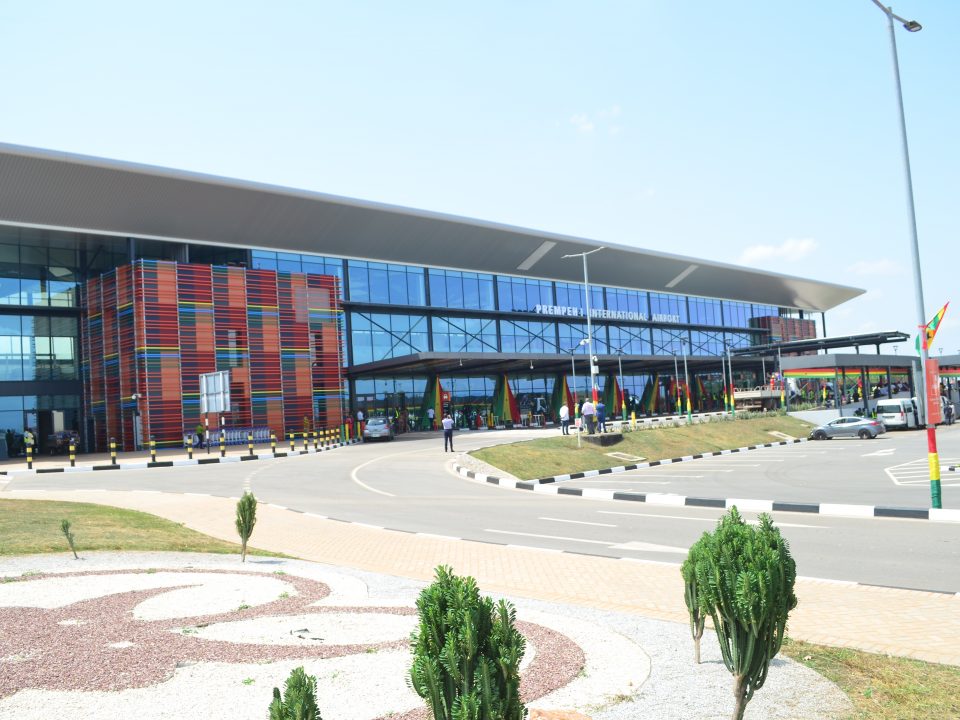
Without a culture of careful, critical engagement with powerful actors—whether in politics, business, or civil society—trust in institutions will continue to deteriorate.
His remarks call for a media that is less deferential to corporate power but also more responsible in its investigative practices; a political class that prioritizes evidence over rhetoric; and a citizenry that demands higher standards from its leaders and institutions.
Ghana’s elite, Bright Simons suggested, must do the hard work of building a civic culture that values truth, accountability, and fairness above partisan advantage or corporate protectionism.
For him, only then can the country hope to develop the robust democratic ethos that is necessary for genuine national progress.
READ ALSO: Gold Fields Ordered to Exit Damang Mine Operations

